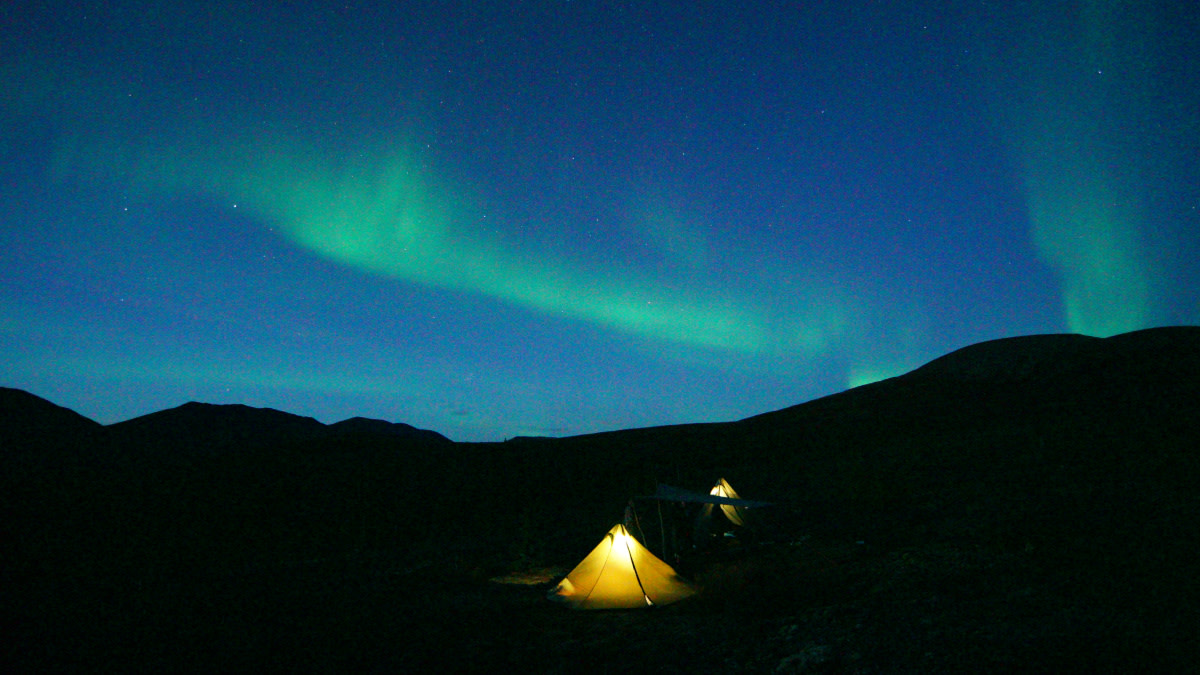What Does the Government Shutdown Mean for Hunting and Fishing?

On Saturday, Jan. 12, the partial federal government shutdown became the longest such closure in the nation’s history. As the stalemate between the President and the House of Representatives over funding for a $5 billion wall along the Mexican border spills into a fifth week, shuttered and unfunded public lands management agencies are starting to feel the pinch.
The Department of the Interior, which houses the National Park Service, Bureau of Land Management and U.S. Fish & Wildlife Service, is without funding—as is the Environmental Protection Agency and the Department of Agriculture, which houses the U.S. Forest Service. Together, those agencies manage the lion’s share of America’s 640 million acres of public lands.
The House has passed legislation funding the DOI, EPA and USFS, but Senate Majority Leader Mitch McConnell (R-Ky) said he will not allow a vote in the upper chamber on any spending bills that do not resolve the conflict with the President.
Some 800,000 federal employees have been furloughed without pay for nearly a month, according to the Washington Post, including tens of thousands of public land and wildlife management agency staffers. Some are being asked to work without pay.
Many unstaffed parcels of federal public lands without special designations remain open to the public for hunting, fishing and other activities. Others, including many national parks and national wildlife refuges, sit empty behind closed gates and locked facilities. Many of these properties remain accessible to the public, but reports of theft, trash heaps, vandalism and habitat destruction are piling up across the country.
Last week, Joshua Tree National Park cancelled a complete shutdown after reports emerged of vandals cutting down some of the famous Joshua trees and illegally off-roading in sensitive areas. Like some other parks, JTNP is bringing back small portions of its staff to look out for the ecosystem by tapping into visitor fee dollars, money that was meant to be used to address some of the $12 billion NPS maintenance backlog. About a third of the service’s 418 sites remain completely closed, according to the National Parks Conservation Association.
The U.S. Fish & Wildlife Service also announced it would restore partial staffing at 38 of their 560 locations specifically to allow for hunting, as well as other activities.
Politicians on both sides of the aisle are decrying the effects of the shutdown on habitat, outdoors opportunities and the management of public lands.
“We’re keeping a close eye on any impacts it’ll have on operations,” Sen. Steve Daines (R-MT) told E&E News. “We’re concerned about delays in training of Forest Service personnel getting into fire season, so it’s very concerning.”
Former Interior Secretary Sally Jewel echoed Daines’ worry about training and morale in the federal workforce.
“One of the biggest impacts of this shutdown is a sense that people have that their work is not valued,” Jewel told Boston NPR affiliate WBUR. “If you are a scientist working on eDNA to prevent the invasive Asian carp from getting into the Great Lakes, and you have lost that data, you’ve actually lost your experimentation fish you were working with, and you may have missed some data of invasive species that have migrated into places like the Great Lakes that nobody wants.
“I just can’t express how damaging this is long-term to the people of the United States and the dedicated men and women that devote themselves to this work that we all benefit from.”
Sportsmen’s organizations are also frustrated to see progress stall on their conservation priorities, from halted legislation to NEPA public comments not being received.
“The government shutdown is impacting hunters and anglers already,” said John Gale, conservation director for Backcountry Hunters & Anglers. “Congress’ paralysis over funding a border wall has held critical conservation legislation hostage. Bills that would permanently reauthorize the Land and Water Conservation Fund, modernize Pittman-Robertson funding and reauthorize the Partners for Fish and Wildlife Program are being held in a suspended state.
“Federal management agencies were already operating on anemic levels of funding provided by appropriators. Further straining these resources could have long-lasting impacts on habitat quality, wildlife population health and, ultimately, opportunities for hunting and fishing,” Gale said.
With neither President Trump nor House Democrats showing any sign of blinking, this standoff could continue for some time. By and large, Americans will be able to continue fishing and hunting as they normally would, but there could be long-lasting consequences of the shutdown. Without the rangers, managers, biologists, fire fighters, maintenance workers and custodians cleaning up and keeping a watchful eye, serious damage could be done to America’s public resources.






Conversation